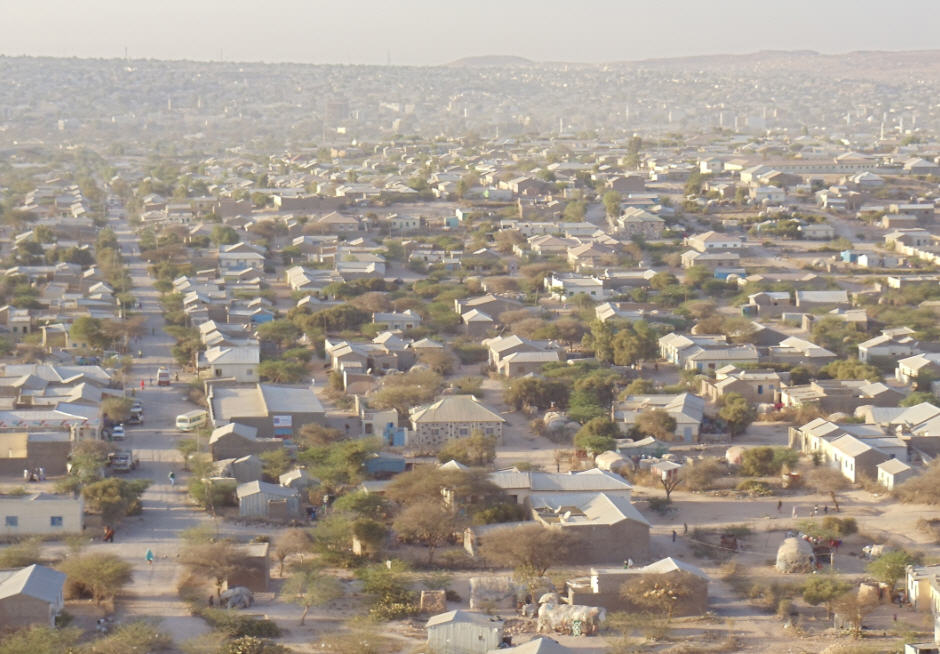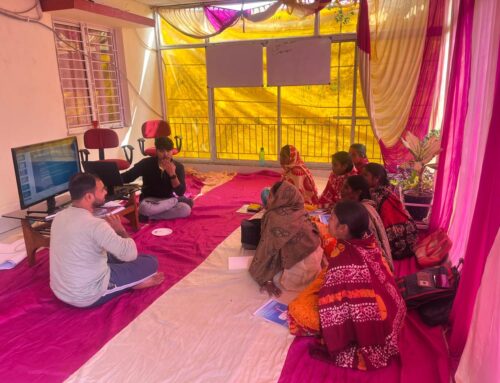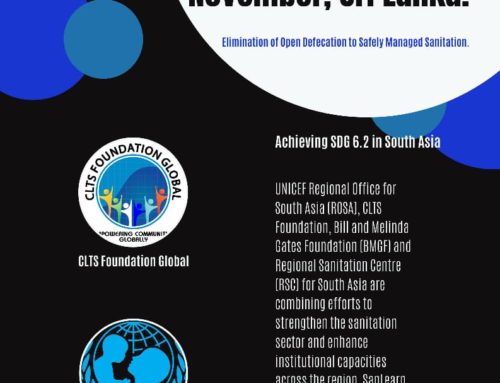Recently, the Ministries of Health in Somaliland and Puntland issued circulars declaring their commitment to CLTS and emphasizing on the adoption of CLTS within WASH programmes in their regions.
Both the states have in the past struggled to universally adopt an outcome-focused sustainable approach to end the practice of open defecation and increase access to sanitation, thus falling far short of its MDG goals. With most of its populations living in rural areas that have a very low sanitation coverage (across Somalia only 39% have access to sanitation[1]) this renewed focus on CLTS comes in the light of evidence that community-led processes of collective behaviour change in the entire community is essential to address the dangers that open defecation environments pose to public health and human development. CLTS processes not only motivate entire communities to spontaneously stop open defecation, it also stimulates and sustains a collective demand for community-led innovative technological solutions to confine and dispose human waste.
With these recent declarations, Honourable (Dr.) Suleiman Esse Ahmed, Minister of Health, Somaliland; and Honourable (Dr.)Abdirizak Hersi Hassan, Minister of Health, Puntland, have urged all partners working in the sanitation and hygiene sector in their respective countries to comply with the national strategy to achieve ODF environments.
[1] UNICEF data accessed from http://www.unicef.org/somalia/wes_46.html
** news updated on 21st Ocotber 2014






Leave A Comment